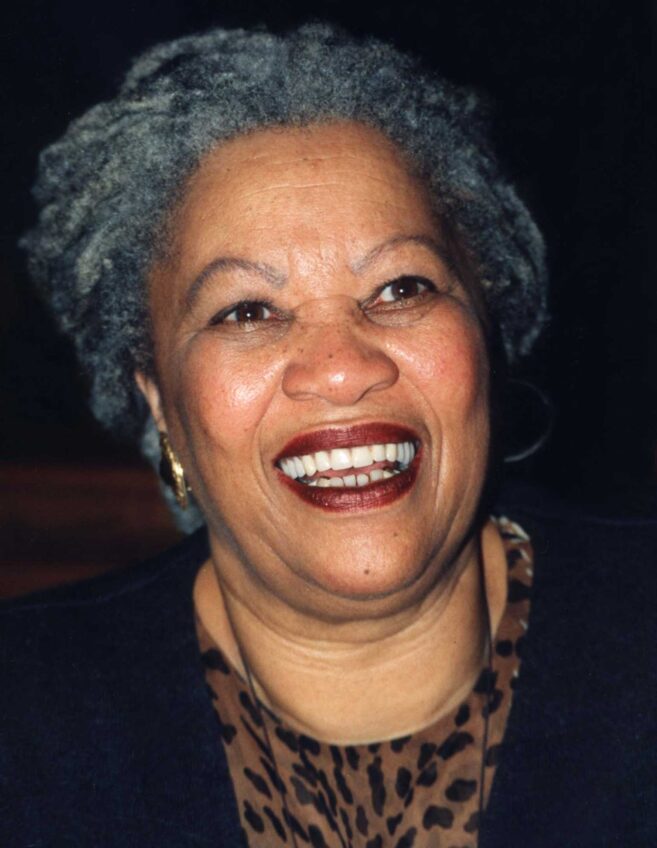Surplus food happens. It’s what we do with it that affects our community, environment and economy.
In my kitchen, I have an art print by Lori Roberts of Little Truths Art Studio. Under the word “food,” there are six simple guidelines: “Buy it with thought. Cook it with care. Use less wheat and meat. Buy local foods. Serve just enough. Use What’s left.” This print is based upon a real campaign from 1917 during the First World War. It was intended to inspire civilians to be more vigilant of their food usage during a time of reduced resources and rationing of staples, like wheat and meat. More than a century later, the nation is no longer rationing but struggling with excess food as we combat dualling crises — hunger and climate change. Interestingly, while the problems of scarce resources and overabundance are different, the tactics to solve them are the same.
This year, the USDA committed to investing approximately $11.5 million in 38 cooperative agreements that support innovative and scalable waste management solutions, including composting and urban farming, to minimize food waste in landfills. Nearly 40 % of all food produced in the United States goes to waste. That’s approximately 325 pounds of waste per person. However, the same food that is decomposing and producing methane gas — a leading cause of climate change — could be supplying the emergency food system. In fact, reducing food losses by just 15 % would be enough food to feed more than 25 million Americans every year.
In Massachusetts, it is estimated that Bay Staters discard one million pounds of food per year and yet 1 in 3 households is facing food insecurity. The Mass DEP Commercial Food Material Disposal Ban prohibits the disposal of food and other organic waste from businesses and institutions that generate more than one-half ton of these materials per week which gives incentive for them to donate the excess. The city of Boston’s free curbside food waste collection service repurposes residential food into nutrient-rich soil and clean energy. We are on the right track helping to minimize waste in our landfills. However, additional legislation is needed to ensure surplus food gets into the hands of those in need. After all, we must remember that surplus food is not a problem in itself. It is only a problem when it becomes waste. This isn’t garbage; it’s nutritious, life-sustaining food.
Without such laws, nonprofit hunger relief organizations like Spoonfuls, Food For Free, and Rescuing Leftover Cuisine, are stepping in. Food For Free’s Heat-n-Eats program, for example, takes prepared food from corporate, university, and hospital dining services and turns it into nutritionally balanced, single-serving meals that are distributed to food-insecure populations through schools, community colleges, homeless shelters and other community programs, distributing more than 1,700 meals per week in Eastern Massachusetts.
The reality is hunger is a multifaceted issue that intersects with many other problems society continues to struggle with, including homelessness, poverty, educational disparity, racism and violent crime. We tell ourselves that these problems could be addressed with collective action, community investment and mobilization for change, and then we fall short of taking sufficient action at a community level. However, building community and finding innovative solutions to hunger are some of Massachusetts strengths as seen by members of the newly launched Make Hunger History Coalition. For the first time in the history of the Commonwealth a group of the state’s leading anti-hunger advocates and organizations are coming together to develop a plan to solve hunger permanently in Massachusetts. If successful, we will be the first U.S. state to do so. And believe it or not, it is possible.
Some food for thought — as we call on elected officials to do their part, we also need businesses and consumers to act just as instructed in the “Food Will Win the War” campaign more than a century ago. If every institution with an in-house dining hall committed to donating excess food to hunger relief nonprofits and every resident followed those same six simple guidelines at home while supporting the nonprofits doing the redistribution work, we could not only help protect the planet, but also fight hunger in Massachusetts.
We have enough food to go around, but a collaborative effort between federal and local governments, community leaders, food establishments and nonprofits will be required to turn the problem of food waste into the solution to food insecurity in our region. With continued advocacy, legislation and community work, food waste is not only a preventable problem, if properly used, it can be a solution to local hunger.
Molly Hansen, M.Ed., is the senior program manager at Food for Free, the leading food rescue and redistribution nonprofit dedicated to providing reliable access to fresh and nutritious food to Eastern Massachusetts communities.






